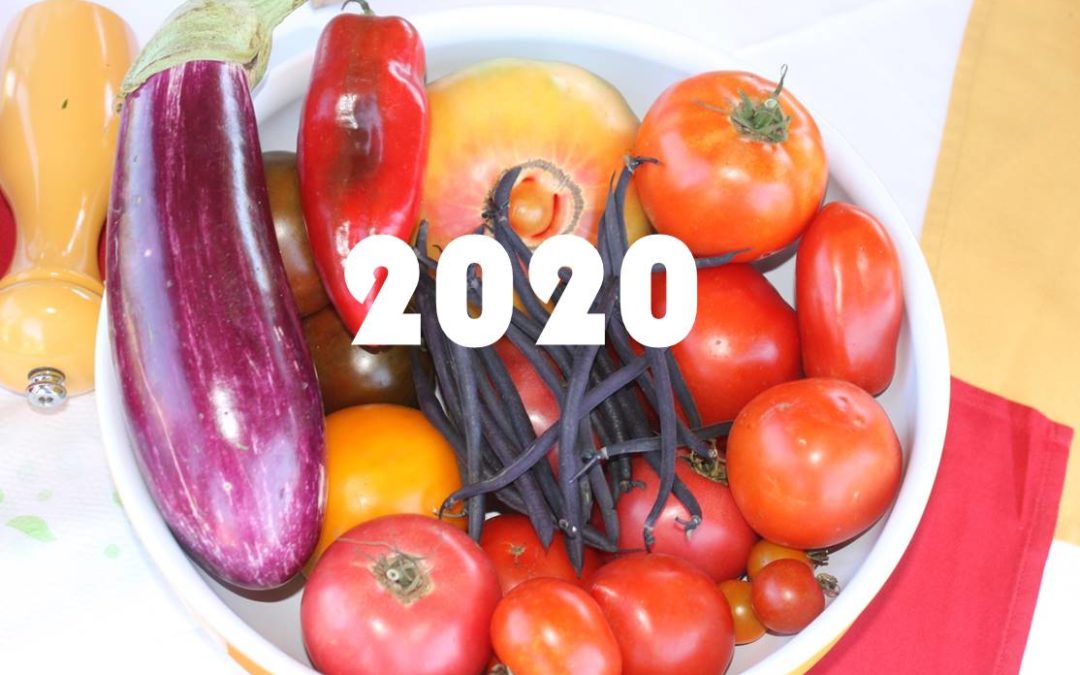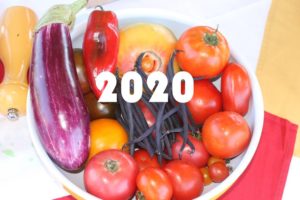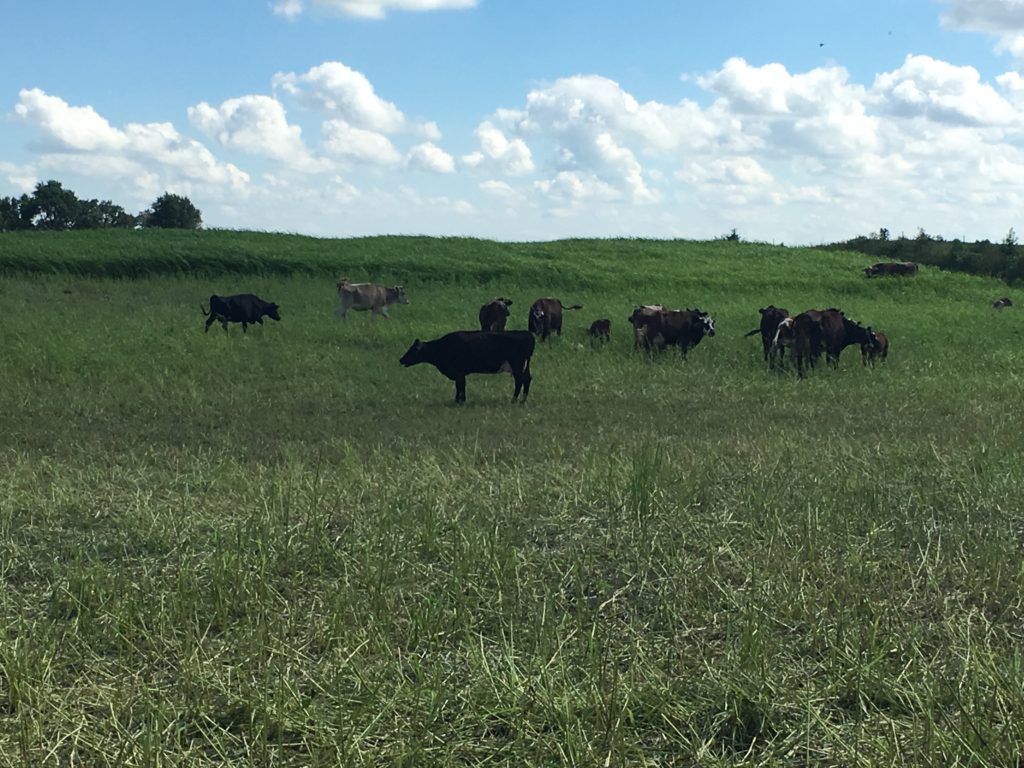
New Year’s Resolution: Eat Healthy, Support Local Farmers, Protect Land and Water
Thank you to the board members who brought in donuts and coworkers who brought home-baked desserts to the office in 2019. As a result, my New Year’s resolution is to lose weight and eat healthier!
Kidding aside, Prairie Rivers of Iowa is an organization with a long track record of supporting local food systems. Local food is a much better framework for healthy eating than picking processed foods based on high-this or low-that claims on the box. Whole foods—vegetables from the farmers market or CSA, eggs from my backyard chickens, fruit from U-pick orchards—are not just nutritious but a source of joy in the harvesting, purchasing, and cooking. “Eat more locally grown fruits and vegetables in 2020” is a pledge that makes me look forward to the coming year rather than dreading it.
But I’m not overweight and in pain because I don’t eat fruits and veg. Like most members of my extended family, I have chronic health conditions that are exacerbated by sugar, saturated fat, and refined carbohydrates. Like most Americans, I eat a diet high in those things because of they are socially encouraged (how many times have you accepted cookies to be polite) or cheap, convenient, and well-advertised. With half a pig in the freezer (raised by Tom and Carman Rosburg), I asked my doctor for dietary recommendations that did not involve giving up ham and got a very sensible response—cut back the red meat to one or two meals a week. A similar strategy can apply to sweets, white rice, potatoes, and baked goods made without whole-grain flours.
I’ve had one week of planning for moderation and succeeding, after a previous week of planning for abstinence and failing. I can already see how that shift in perspective could be more sustainable—both in the sense of “being able to keep it up past February” and in the sense of “preserving soil, water, and biodiversity.”
When I budget my pastry intake for the week, it becomes imperative to choose something I really like, rather than something convenient like store-bought donuts, muffins, or cookies. That has benefits for the environment, as these foods are often made with palm oil, usually produced by cutting down rain forests.
If full fat cheese and red meat are viewed as an indulgence rather than a staple, I can afford to buy premium products directly from local farmers that are employing the most sustainable practices –for example, Lost Lake Farm near Jewell makes delicious hard cheeses with a rotational grazing system that builds soil organic matter.
Currently, 36% of the US corn crop goes to feed livestock, which converts about 20% of that energy into food calories. 40% of the corn crop goes to ethanol and much of the rest goes into processed foods and sweeteners. This is not an efficient way to feed the world. Prairie Rivers of Iowa has worked with corn, soybean, and livestock producers of all sizes who are making changes to protect soil and water, but widespread adoption of cover crops, perennials and extended rotations has been limited by a lack of local markets and processing for additional crops. If consumers ate less meat and processed foods and more whole grains, and Midwestern farmers shifted some acres out of corn*, it would have undeniable benefits for public health, climate, soil, and water.
*We could shift away from sugar beets, which produce even less nutrition per acre than corn and have their own environmental impacts. You’re not getting off so easy, North Dakota and Minnesota!


